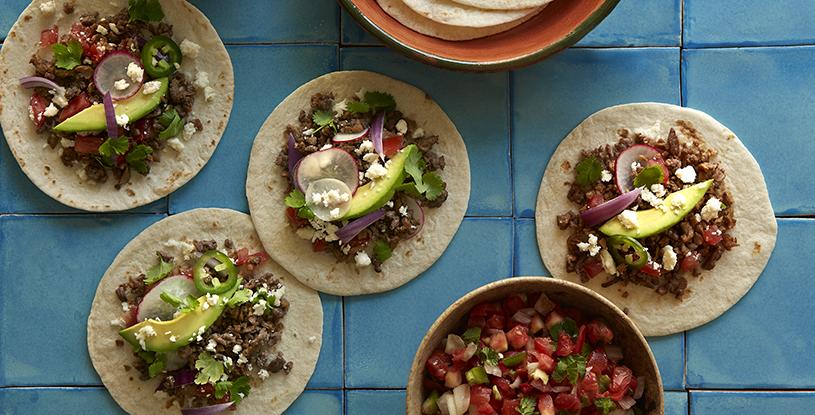It’s not surprising that the pandemic caused people to take stock of their health. But COVID-19 also heightened awareness about the Earth’s health. A survey released in spring 2021 by MasterCard found that 58% of adults across 24 countries were more mindful of their impact on the environment, and 85% said they were willing to take personal action to combat environmental and sustainability challenges in 2021.
A sense of joint responsibility for the planet’s health also is influencing consumers, according to Innova Market Insights, which listed “Shared Planet” as No. 1 on its Top Ten Trends for 2022. Innova reported trends across 11 countries.
“One of the biggest shifts we are seeing is that the health of the planet is now the top concern of consumers,” Global Insights Director Lu Ann Williams said. “Personal health has been the big concern for the past few years, but consumers now tell us that this has been surpassed by global issues.”
Global concern about the environmental impact of food production, especially animal proteins, has percolated for more than a decade. With greater interest today in sustainable production and consumption, people are looking to alternative proteins to minimize their impact on the planet.
More than 76% of respondents in a U.S. survey of 1,000 people representing all ages said they had increased consumption of alternative proteins due to concerns about climate change. Gen Z respondents said they would sacrifice flavor for a product that aids causes they find important such as environmental, energy and hunger issues.
The survey, sponsored by food system marketing firm CO.nxt, also found that nearly 91% of consumers planned to reduce consumption of animal proteins, with most searching for a balance between animal and alternative protein sources. The latter point supports what Whole Foods calls “reducetarianism,” where plant-curious eaters reduce consumption of meat, dairy and eggs, even if they do not completely cut them out of their diets.
The trend of “reducetarianism,” or “flexitarianism,” expands food market opportunities beyond traditional vegan or vegetarian items. Innovation is the name of the game in 2022 as food companies vie for a broader group of customers with a range of products far beyond the familiar plant-based “burger.”
Work in the “meat lab,” an application laboratory at MGP Ingredients in Atchison, Kansas, has yielded faux meat patties, sausages and crumbles, nuggets and more using ProTerra® textured wheat and pea proteins.
The R&D team regularly produces prototypes to help customers assess ProTerra’s functionality and performance. A library of plant-based recipes created in the lab includes 20 meatless formulations and more than a dozen for meat extensions. These offerings replicate red meat, poultry-based items such as chicken nuggets and seafood including “crab” cakes. But there are endless possibilities when ProTerra is part of the formulation.
Functionality and performance aside, there’s an emotional benefit to this line of chips, shreds and granules that may appeal to environmentally conscious consumers, and it’s all in the name. ProTerra: Proteins from the earth, for the benefit of people and the planet.

